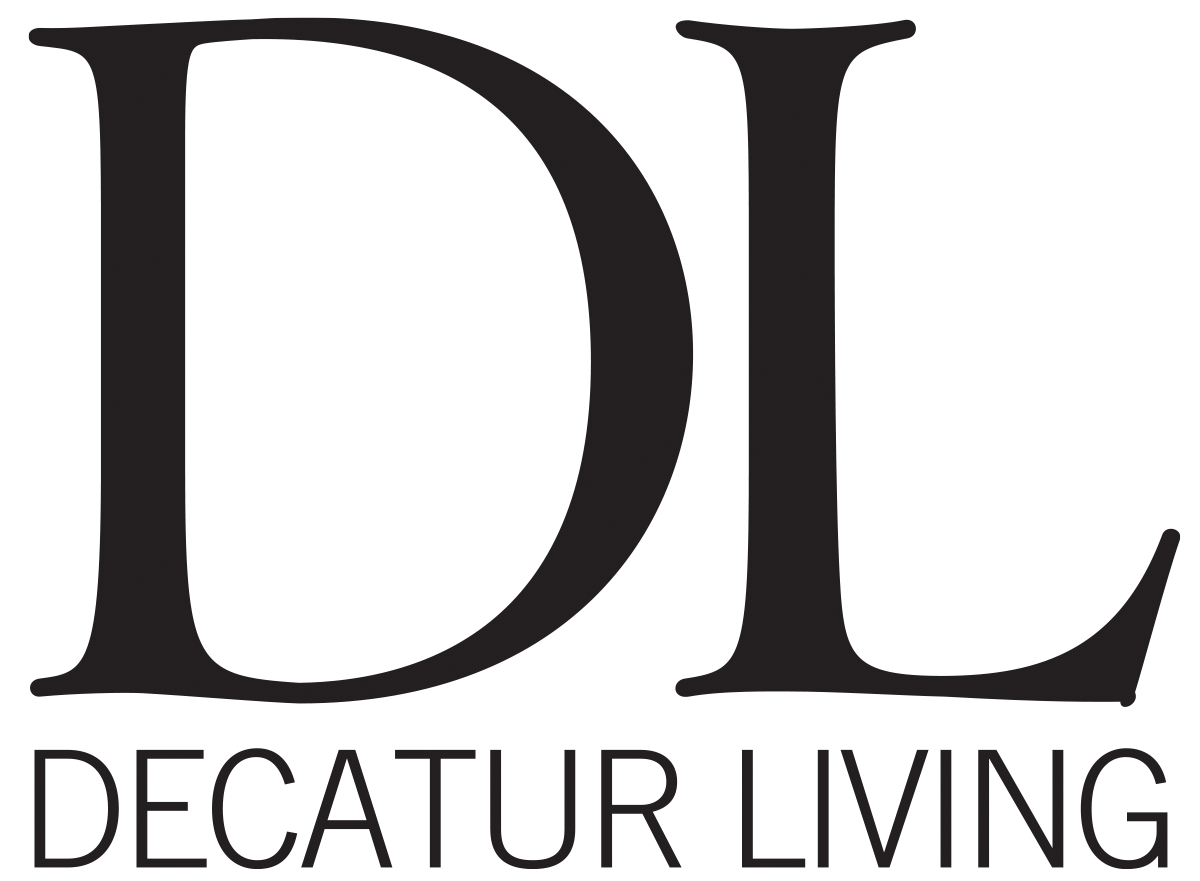
Gift Yourself a Better Bottom-Line
Five essentials you can start today
IF YOU’RE NOT on your own gift list, it’s not too late. Set yourself up for 2022 with some financial foundations and start off the new year on the right track.
Budget like a boss
All financial goals begin here: Set a budget. Then stick to it.
Don’t have a budget in place yet? You’re not alone. Only 45% of U.S. adults say they have a budget and keep close track of their spending. In order to reach your savings goals and take charge of your finances, you need to plan your spending and then hold yourself accountable to it.
The best system is the one that works for you. There are plenty of apps, online tools or a simple spreadsheet. Be diligent.
Here’s an example of the power of planning your spending: A daily visit to the coffee shop can add up and be easy to shift to another financial goal.
Assuming the latte is $5, that’s $35 spent in a week, $150 in a month and $1,825 in a year.
When you consider the total, you may be interested in changing that spending by buying an espresso machine and enjoying homemade lattes while you put your money to work for you.
-
Save something every paycheck
Many people know that setting up a rainy day fund is a good idea. You may even have some money put aside. Make sure to evaluate your needs each year and save more if necessary. A good rule of thumb is to have enough liquid assets in your emergency fund to cover three to six months of expenses. As your lifestyle changes over the years, (a new house, a new car, maybe even children), be sure your emergency fund can still cover you if it starts to “rain.”
-
Invest in your future
It’s never too early to start saving for retirement. At a young age, retirement may seem like a lofty concept or distant dream. But starting to save early in your career will set you up for a secure retirement. An easy way to get started is to maximize your employer’s matching contribution to your 401(k). This will keep you from leaving money on the table and provide a consistent savings vehicle.
-
Keep score with credit
Your credit score is a crucial factor when looking to make major financial decisions, such as purchasing a house. And the law requires all three major credit reporting agencies (TransUnion, Equifax and Experian) to provide you with one free credit report annually.
Here are a few factors that impact your credit score. The weight of each is determined by the credit scoring model used:
› Payment history
› Type and number of accounts
› Used credit vs. available credit
› Credit history -
Fill the gap in your insurance
Human capital, the total value of one’s future earning potential, is the missing piece in most portfolios. You insure your car, in the event you get into an accident. You insure your belongings, in case they’re lost or stolen. It is just as important to protect your future earnings, which is done with life and disability insurance. And the best time to purchase life insurance is when you’re young and healthy. There may come a time in life when we need to cut back our monthly expenses to save more or live within our means.

START HERE
-
Ask and answer these questions:
› What are my savings goals?
› What are my necessary expenses?
› What is a realistic spending target? -
Hold yourself accountable
› Track your income and expenses monthly
› Find a tool or system that works for you -
A good system could be setting up different accounts for budgeting purposes. Here are four examples that could help organize your spending:
› Monthly Expenses: Primary spending account (checking)
› Vacation and Holiday Gifts: Reserve spending account (checking/savings).
› Emergency Fund: Savings building to 3 to 6 months of expenses (see step 2 below)
› Upcoming home improvements, vehicle, tuition, etc.: Reserve savings account.







